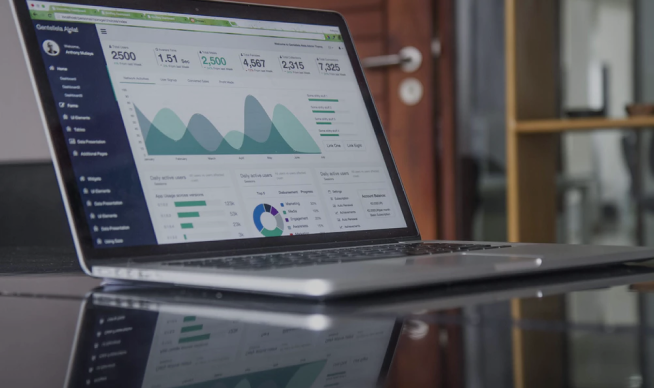COVID has brought forward many of the transformations that were already underway around the world, but specifically at a larger scale in Australia, Canada, EU, UK, and the US. The transformations are underpinned by two concerns, one about a degrading environment and the other about economic precarity, the latter leading to calls for national sovereignty. Both these concerns are leading up to the singular idea of sustainability in the spheres of ecology as well as economy.
Back to the future
The pressure to respond to the policy demands to reorganise supply chains and the workforce have been brought forward by the pandemic. Virtualisation of existing business models including workforce, managing variable costs, demand for as-a-service (aas) are all being hastened.
The immediate term is staggering
There is an urgent need to respond to the changes in work and consumption patterns necessitated by Covid protocols such as social distancing. For enterprises, the pipelined projects to incrementally transform systems are now being fast tracked[1]. But moving plans forward is not straight forward. In the pre-COVID world, enterprise planning could make assumptions about behavioural changes. Some broader trends (mobile technologies) and the concomitant behaviours (mobile banking) could be predicted and planned for while other behaviours could be nudged. COVID has created conditions requiring radical responses (e.g., returns windows from 30 to 100 days), but the back end resource allocation was not geared for such large volumes of online purchases and returns. The scale is staggering. It is expected that cloud enablement will have to reach $3.3 Tr by 2022, application transformation $17 Bn by 2024 and Customer Experience Transformation (which includes marketing tech, operations, content production, and AI) by $640 Bn 2023.
You are now a software company
Guess who was ahead in the game? Amazon. But you already knew that. Thus, to manage business transformation using digital will require constant evaluation and benchmarking will be key to how money is allocated and costs are optimised. Projects will not have time or luxury to fail, or fail fast — period. Decision making will require quantified assessment of risk, achievability and outcomes. Benchmarking in the following areas are of immediate priority:
- People and Skill-gap analysis
- Process Automation
- Service Design
- Customer journeys assessment (competitive and gaps with customer expectation)
- Marketing spends (content and creative production cost, time, quality)
- Media spend (ROAS return on ad spend, ROI – driving sales)
- Data (KPI’s, industry benchmark, are you measuring the right thing, how do measure)
- Tech-stack (redundancy, performance, gap, scaling ability)
- Assessment of how future-proof it is, how long before this investment will become a sunk-cost (this is a new thing about all investments in process, tech and data).
Benchmarking should be front and centre so that benefits can be evidenced, business can be involved in the commitment to the project and risks are identified.
[1] https://www.computerweekly.com/opinion/The-Covid-19-crisis-Reinventing-digital-transformation


